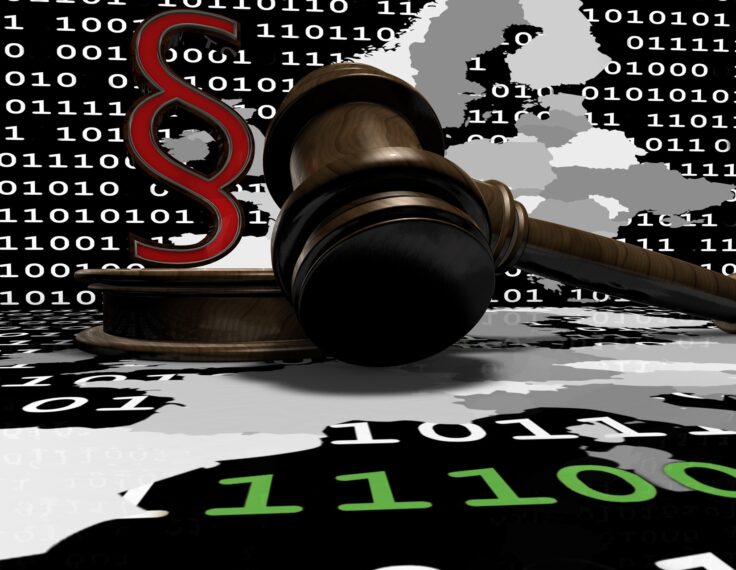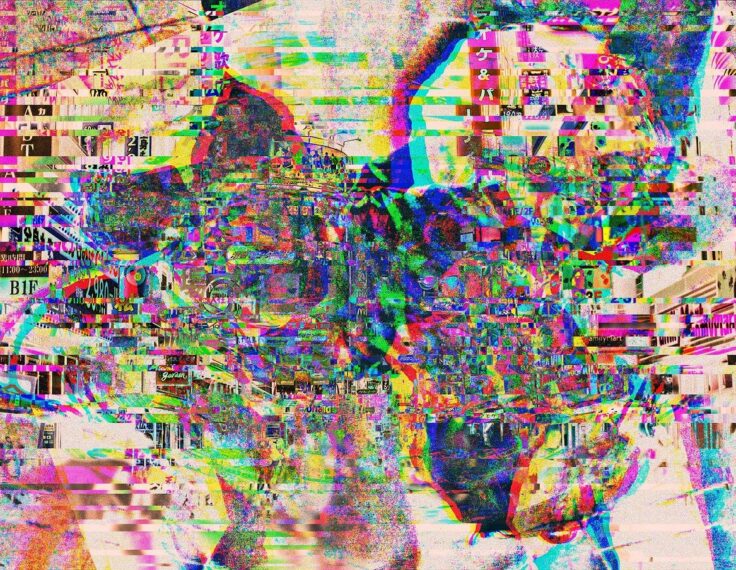Explore Commentaries
All Articles
Article Topic

Misinformation reloaded? Fears about the impact of generative AI on misinformation are overblown
Felix M. Simon, Sacha Altay and Hugo Mercier
Many observers of the current explosion of generative AI worry about its impact on our information environment, with concerns being raised about the increased quantity, quality, and personalization of misinformation. We assess these arguments with evidence from communication studies, cognitive science, and political science.

A focus shift in the evaluation of misinformation interventions
Li Qian Tay, Stephan Lewandowsky, Mark J. Hurlstone, Tim Kurz and Ullrich K. H. Ecker
The proliferation of misinformation has prompted significant research efforts, leading to the development of a wide range of interventions. There is, however, insufficient guidance on how to evaluate these interventions. Here, we argue that researchers should consider not just the interventions’ primary effectiveness but also ancillary outcomes and implementation challenges.

Mis- and disinformation studies are too big to fail: Six suggestions for the field’s future
Chico Q. Camargo and Felix M. Simon
Who are mis-/disinformation studies for? What agenda does the field serve? How can it be improved? While the increase in the attention towards the topic in the last years is healthy, it has also led to an explosion of papers in all directions, and the field has been subject to various criticisms and attacks.

Studying mis- and disinformation in Asian diasporic communities: The need for critical transnational research beyond Anglocentrism
Sarah Nguyễn, Rachel Kuo, Madhavi Reddi, Lan Li and Rachel E. Moran
Drawing on preliminary research about the spread of mis- and disinformation across Asian diasporic communities, we advocate for qualitative research methodologies that can better examine historical, transnational, multilingual, and intergenerational information networks. Using examples of case studies from Vietnam, Taiwan, China, and India, we discuss research themes and challenges including legacies of multiple imperialisms, nationalisms, and geopolitical tensions as root causes of mis- and disinformation; difficulties in data collection due to private and closed information networks, language translation and interpretation; and transnational dimensions of information infrastructures and media platforms.

Leveraging infodemiologists to counteract online misinformation: Experience with COVID-19 vaccines
Jack M. Gorman and David A. Scales
In the new information environment represented by the internet and social media platforms, information of public health importance is transmitted rapidly by decentralized, interpersonal networks rather than through traditional sources like public health officials or professional journalists, thus requiring a new approach to counteracting misinformation.

Critical disinformation studies: History, power, and politics
Rachel Kuo and Alice Marwick
This essay advocates a critical approach to disinformation research that is grounded in history, culture, and politics, and centers questions of power and inequality. In the United States, identity, particularly race, plays a key role in the messages and strategies of disinformation producers and who disinformation and misinformation resonates with.

Self-regulation 2:0? A critical reflection of the European fight against disinformation
Ethan Shattock
In presenting the European Democracy Action Plan (EDAP) in 2020, the European Commission pledged to build more resilient democracies across the EU. As part of this plan, the Commission announced intensified measures to combat disinformation, both through the incoming Digital Services Act (DSA) and specific measures to address sponsored content online.

Propaganda
Unseeing propaganda: How communication scholars learned to love commercial media
Victor Pickard
A new disinformation age is upon us—or so it seems. But much of what appears to be unprecedented isn’t new at all. Concerns about misinformation’s effects on democracy are as old as media. The many systemic failures abetting Trump’s ascendance—as well as more recent election- and pandemic-related conspiracies—were decades in the making.

Propaganda
Propaganda, misinformation, and histories of media techniques
C. W. Anderson
This essay argues that the recent scholarship on misinformation and fake news suffers from a lack of historical contextualization. The fact that misinformation scholarship has, by and large, failed to engage with the history of propaganda and with how propaganda has been studied by media and communication researchers is an empirical detriment to it, and serves to make the solutions and remedies to misinformation harder to articulate because the actual problem they are trying to solve is unclear.

Tackling misinformation: What researchers could do with social media data
HKS Misinformation Review Guest Authors
Written by Irene V. Pasquetto, Briony Swire-Thompson, Michelle A. Amazeen, Fabrício Benevenuto, Nadia M. Brashier, Robert M. Bond, Lia C. Bozarth, Ceren Budak, Ullrich K. H. Ecker, Lisa K. Fazio, Emilio Ferrara, Andrew J. Flanagin, Alessandro Flammini, Deen Freelon, Nir Grinberg, Ralph Hertwig, Kathleen Hall Jamieson, Kenneth Joseph, Jason J.

